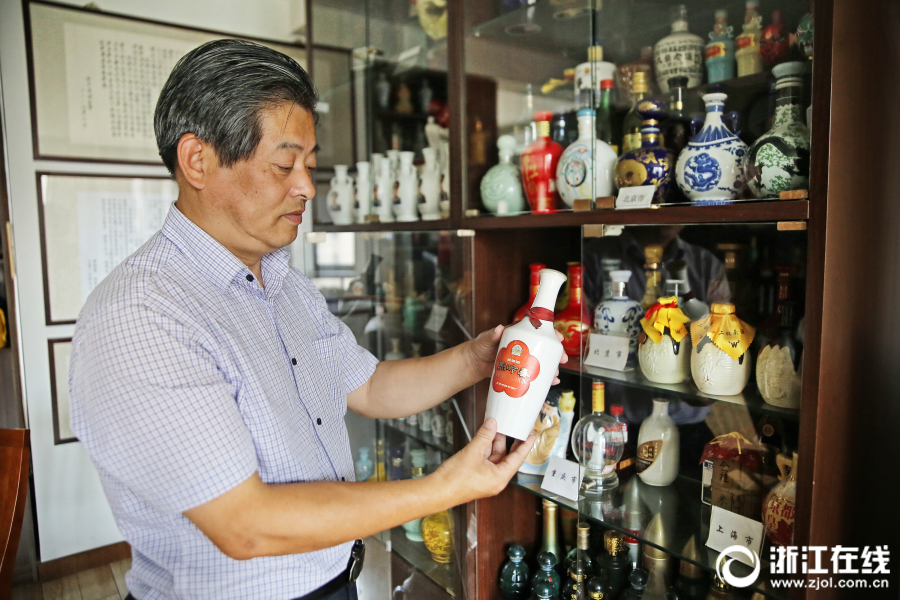Should You Treat Pain with Ice or Heat?
On a recent Wednesday, I awoke at 3 a.m. with a hundred knives of Satan's unholy fire stabbing me in the neck and shoulder. Unable to sleep, yet also unable to shriek in pain because my wife hates it when I do that, I stayed up grimacing, praying for relief and/or death, and researching possible temporary remedies that would work until I could plead with an urgent care nurse for Percocet (note: they hate it when you do that).
The two leading home remedies, of course, were 1. heating pad and 2. ice pack. Opposites! So which to pick?
The medical community can be frustratingly indecisive about this sort of thing. But doctor Katie Rizzone, assistant professor of orthopedics and rehabilitation at the University of Rochester Medical Center, says there are a few definitive times to pick one over the other.
Acute injuries like sprained ankles, she says, should be iced, with the the idea being that cold reduces blood flow, which reduces swelling and pain. Rizzone recommends icing ankle and knee injuries for the first 72 hours. Ice is also recommended for an inflamed nerve—which was what afflicted my neck. Adding heat—which is what I did, naturally—will only inflame it further, and make you feel like you injected a Carolina Reaper pepper into your clavicle.
By contrast Rizzone recommends heat for back muscle injuries; the back is a complex, interconnected machine, she says, and if one layer gets irritated the layers above and below do too. As such, heat allows muscle fibers to glide over each other more smoothly. Heat reduces pain, she says, not because your muscles are relaxing, but because it facilitates greater movement.
Okay, that's fine for those specific situations. But how, I asked Rizzone, are we supposed to know which method to try? Her surprising answer: It's largely trial and error. "I might say, 'You should ice your knee,' and a patient will say, 'Hell no, that made it worse," she said. "Well fine! You may have to try things."
I told her this is exceedingly disappointing, and she laughed. "I 100% agree."

